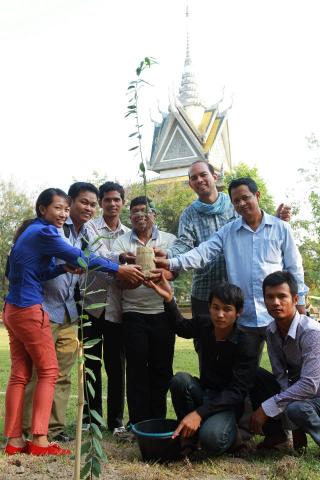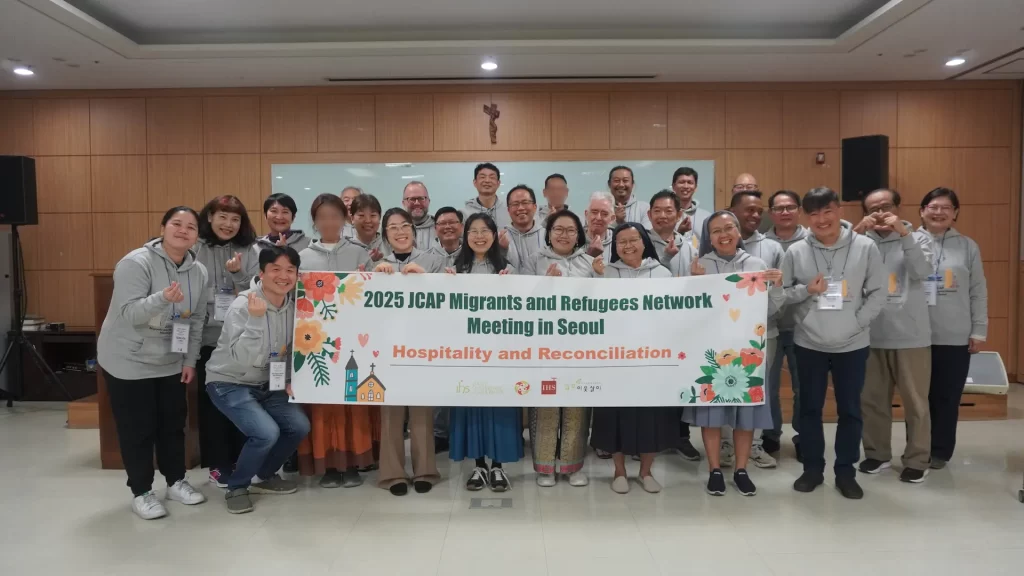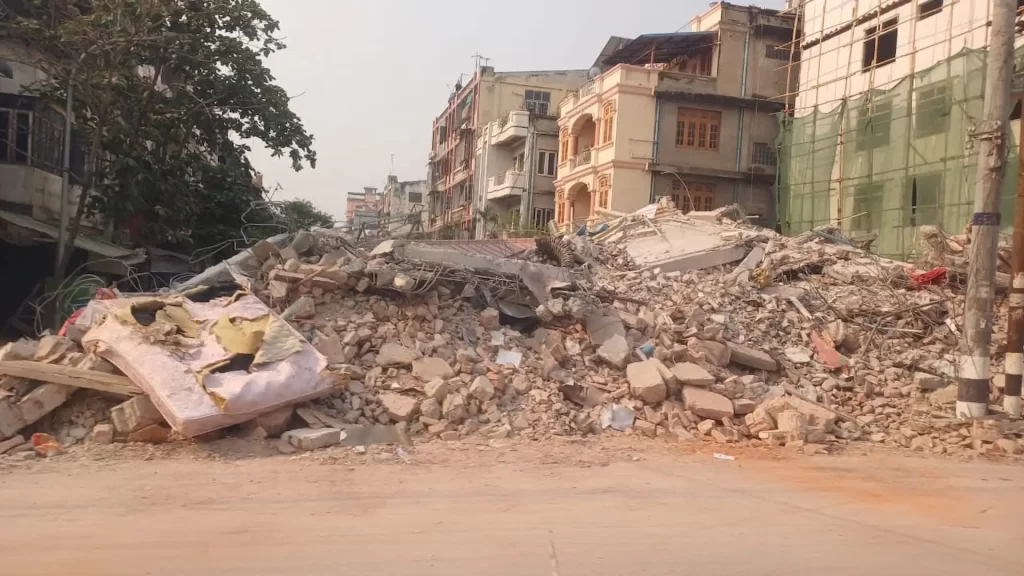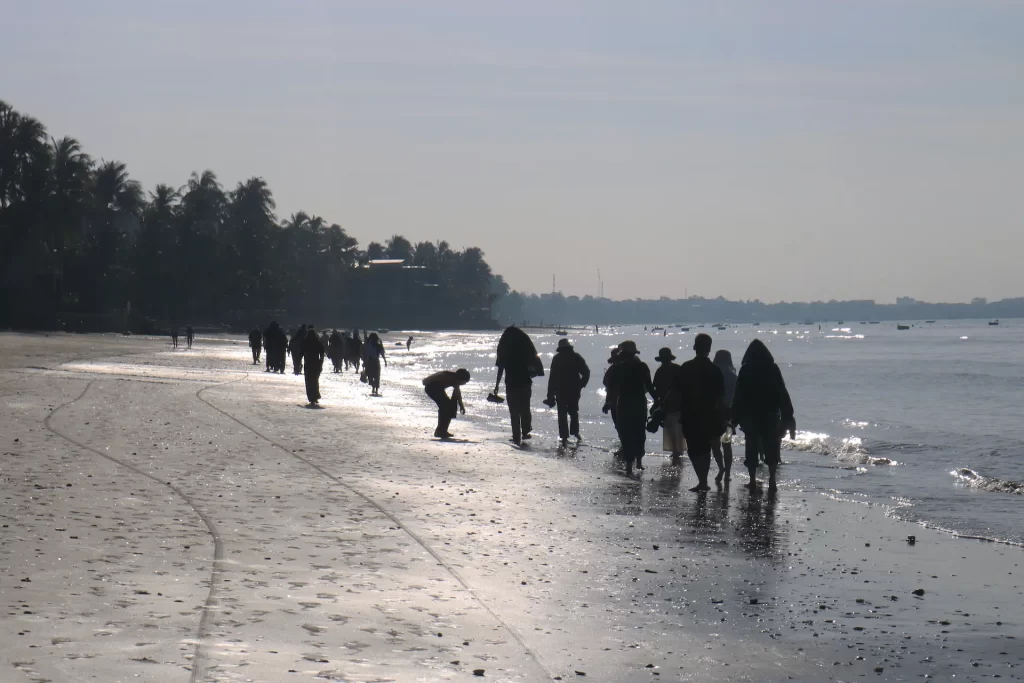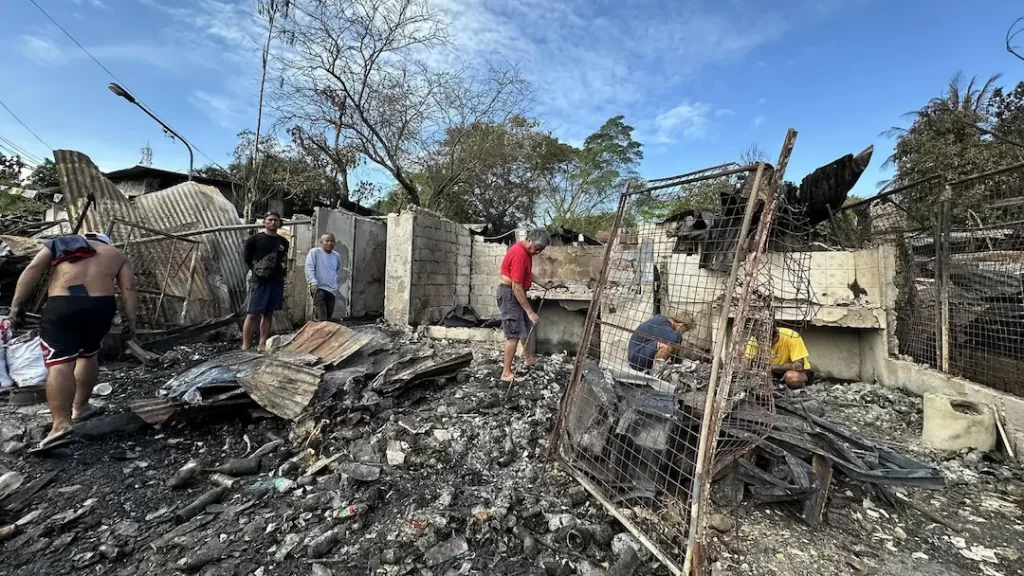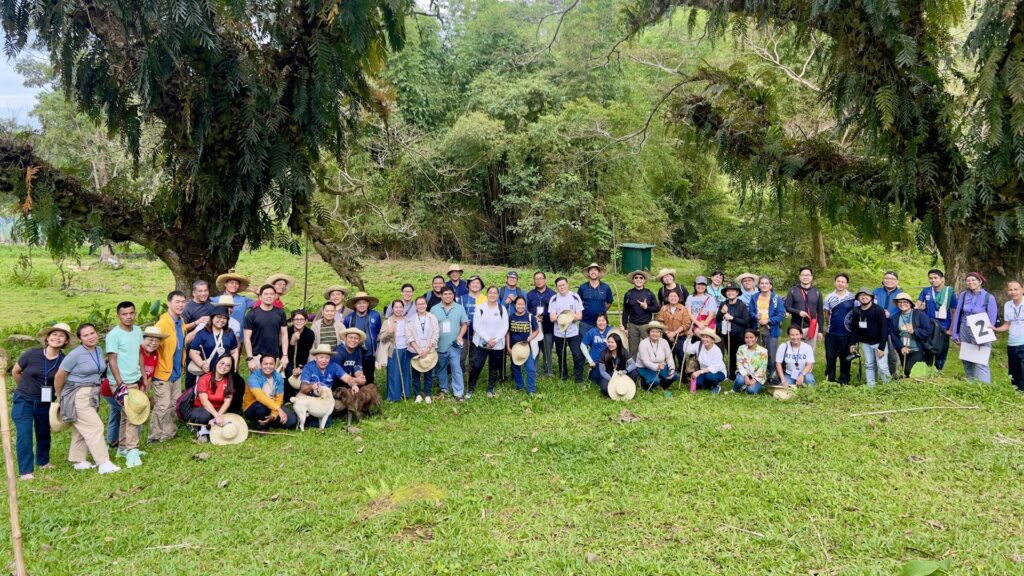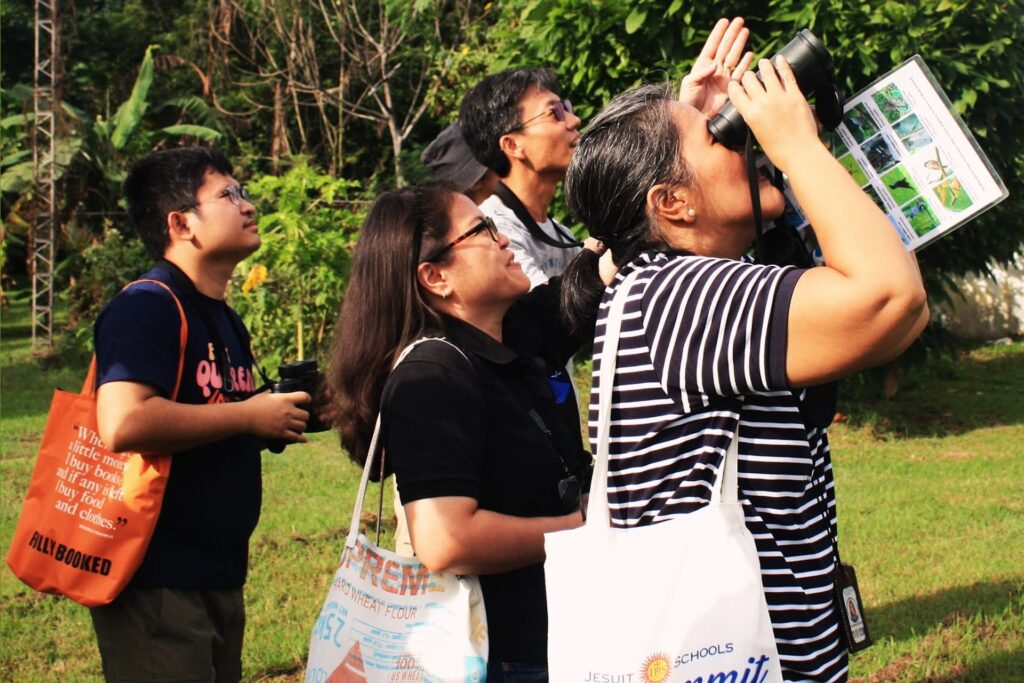On January 27, Buddhists, Christians, and Muslims, both foreigners and Khmer, gathered together at Choeung Ek, otherwise known as the Killing Fields of Cambodia, to remember and pray for the thousands of innocent Cambodians who were executed there under the Khmer Rouge regime. The remembrance of the genocide victims that afternoon was part of the commemoration of World Interfaith Harmony Week, which concluded with the planting of several trees within Choeung Ek.
The lead organizer was Ernst Jürgensen, a devout Lutheran, who invited Muslim youth, Protestants, several Buddhist monks, and Catholics, mainly from Phnom Penh to participate in the event.
The idea for World Interfaith Harmony Week was first proposed by the United Nations General Assembly in September 2010 and was unanimously adopted in October 2010. The first week of February was designated as a special time of the year for members and leaders of different faiths to have common life-building activities together.
The January 27 event was the beginning of several gatherings held in different parts of Cambodia to celebrate World Interfaith Harmony Week.
A related event was held at Mindol Metta Karuna Centre in Siem Reap on February 6. Religious leaders from Myanmar held a workshop on peace making to share experiences and get new ideas. They were accompanied by religious peacemakers from the Philippines and Sri Lanka.
Tree planting was a common activity among the events because planting trees is a positive act for others and for creation that brings people together.
Around 50 trees were planted in the Killing Fields. The trees were all of a single species called Rumdul (Mitrella mesnyi), Cambodia’s national flower. The flower of the Rumdul has three petals and is of a yellowish color. It is known for its fragrance that is recognizable over long distances especially during late afternoons and evenings. May the beautiful fragrance of the Rumdul accompany our prayers for our Cambodian brothers and sisters who perished in the Killing Fields of Choeung Ek.
Caption for main photo: Planting together for Interfaith Harmony Week. On the right is Fr Gabriel Lamug-Nañawa SJ of Jesuit Service-Cambodia.

